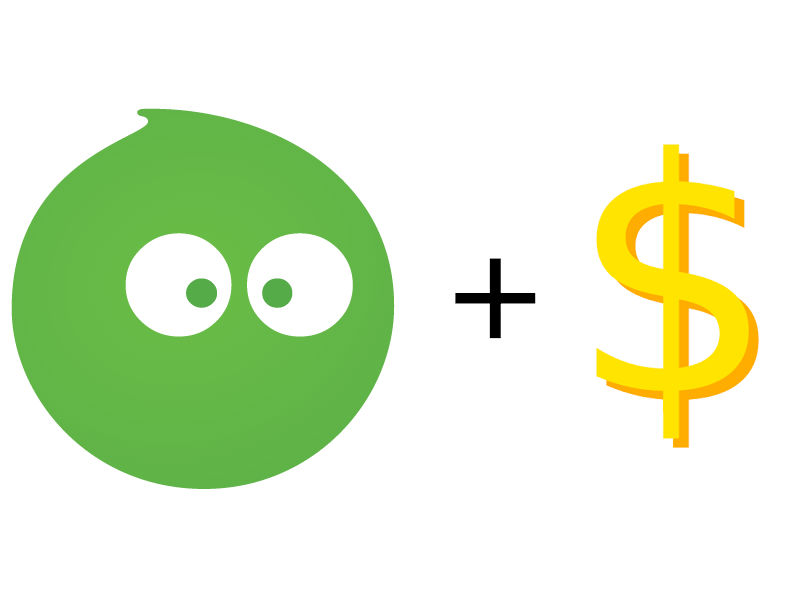Getting event sponsorship is often necessary for events to keep within budget, be it an in-kind sponsorship of a product or service to keep costs low or a cash sponsorship to pay for costs. It can be tempting to approach or accept any and every sponsor available. Yet, in order to foster a successful partnership such that organisers, sponsors and even attendees benefit as a result, securing sponsors will require greater deliberation. We suggest asking yourselves these four questions before deciding to work with a sponsor.
1. Does the sponsor’s beliefs align with what you’re trying to achieve with your event?
If your event promotes healthy living, it would be awkward to have a fast food brand sponsor your event.
If your event champions the arts, you could work with a telecommunications service provider who deliberately sets aside a budget to support the arts.
If your event is for a cause to fundraise or build awareness, you could approach an MNC who’s corporate social responsibility goals involve giving back to that cause.
We could provide many more examples but you get the gist. The sponsor may not necessarily be of the same industry, but so long as your beliefs align, sponsors will be more interested in hearing out your proposal of event sponsorship and also be more invested in the partnership thereafter. Most organisations list their values, beliefs, and goals online, so do your initial research, draft a list of potential sponsors, tailor your proposals (see question four below), and you’ll find you’ll have more success than a blanket outreach.
2. Does the sponsor and your event have a similar target audience?
Your beliefs should align with the sponsor’s for a more congruent working relationship as you work towards the same goals, but we must remember that sponsorship itself is an avenue of marketing spend for your sponsors to get the word out about their brand to potential buyers. Hence, sponsors will need to justify their sponsorship in terms of the return on investment it would bring. If your event can provide an audience that they too want in their customer base, it’ll increase the chances of them being interested to explore how they can leverage your event for brand awareness or customer acquisition. From an attendee’s point of view, having a relevant sponsor at your event would also increase the level of engagement with the brand so it’s important that the target audiences are congruent.
3. Is it the right time to approach this sponsor?
You might have identified the perfect sponsor in terms of being aligned in beliefs and target audience, yet timing could make all the difference. Be sensitive to a sponsor’s timeline, they typically have a marketing budget set for the financial year of which some may be allocated to sponsorship of events.
If they decline your proposal for sponsorship, do not harass them but take note their reasons for doing so. They might have just ran a major sponsorship campaign, or your event runs too closely to a festive season in which they’re heavily invested in, or you’ve approached them at the wrong juncture of a financial year where they’ve either not thought through budget allocation or have already allocated out most of their budget. Respect their decision and use these notes to inform the timing of your approach of these sponsors again the next time around.
4. What does your sponsor value and how can your event provide it?
Depending on the sponsor’s objectives with event sponsorship, not all are after a social media shoutout which serves to build brand awareness through your social accounts. Dissect your event for opportunities to showcase or provide value to a sponsor before, during, or after an event. For example, more brand exposure during your event could mean ways that integrate their brand more into your event’s experience (i.e. logo on banners, a photo wall, or swag), or having a physical booth at your event, or a company representative to speak with your attendees, and so on. Get creative! Look into how they’ve been represented at events in the past, and see if you can offer the same or more to match what you’re asking for.
Now, go get ’em!
Thinking through these four questions would give you greater clarity as to why you would like to work with a particular sponsor for your event. Understanding a sponsor and figuring out how you can work together would speak volumes of your sincerity and this will come across not only in your event sponsorship proposal but also to your event’s attendees as they are exposed to relevant brands. So before approaching or accepting a sponsor, ask yourself these four questions to increase your success of acquiring sponsorship and enjoying a meaningful partnership for your event.





